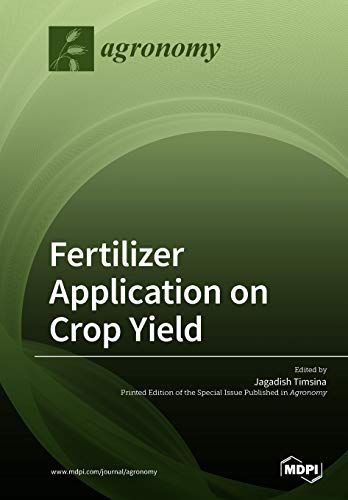
Fertilizer Application on Crop Yield
Fertilizer application can increase crop yields and improve global food security, and thus has the potential to eliminate hunger and poverty. However, excessive amounts of fertilizer application can contribute to groundwater pollution, greenhouse gas emissions, eutrophication, deposition and disruptions to natural ecosystems, and soil acidification over time. Small farmers in many countries think inorganic fertilizers are expensive and degrade soils, and thus policymakers want to promote organic instead of inorganic fertilizers. To develop practical fertilizer recommendations for farmers, yield responses to applied fertilizers from inorganic and organic sources, indigenous nutrient supply from soil, and nutrient use efficiency require consideration. There is a lack of sufficient scientific understanding regarding the need and benefit of integrated nutrient management (i.e., judicious use of inorganic and organic sources of nutrients) to meet the nutrient demand of high-yielding crops, increase yields and profits, and reduce soil and environmental degradation. Inadequate knowledge has constrained efforts to develop precision nutrient management recommendations that aim to rationalize input costs, increase yields and profits, and reduce environmental externalities. This Special Issue of the journal provided some evidence of the usefulness of integrated nutrient management to sustain soil resources and supply nutrients to crops grown with major cereal and legume crops in some developing countries.